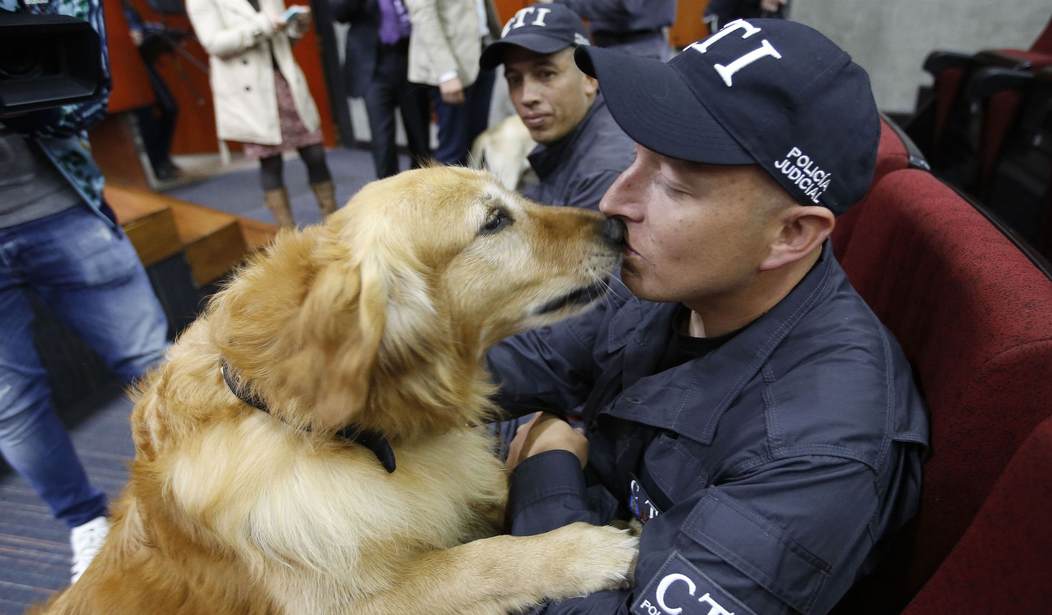Most of us who have been blessed with having a dog for a friend know how beautiful they are, how loyal they are, and how smart they are. Get any dog lover started on how intelligent his friend is and he won’t shut up.
But what kind of intelligence is at work in a dog’s brain? Most of us have probably shared the fantasy of sitting down with our dog and having a long chat, but the reality is a lot different. In many ways, a dog’s brain is similar to ours but with some vital differences.
We know, for instance, that dogs can understand subtle differences in human speech sounds. But a study done by researchers at Eötvös Loránd University in Budapest seems to indicate that dogs are unable to tell the difference between words that sound alike but have different meanings.
To probe these limitations in dogs’ auditory vocabulary (if you will), the researchers conducted an experiment, in which over 40 dogs were brought into the lab, having their brain activity measured non-invasively via electroencephalography (EEG) electrodes attached to their scalp.
While connected to the equipment, the animals heard three different types of words spoken on a recording: familiar instruction words (eg. ‘sit’), phonetically similar nonsense words (eg. ‘sut’), and dissimilar nonsense words (eg. ‘bep’).
The results are about what you’d expect.
The EEG results, based on a subset of 17 animals whose data were considered reliable, showed a clear difference in the dogs’ brain responses – called event-related potentials (ERPs) – when they heard either familiar words or the dissimilar-sounding nonsense words.
On the whole, though, the ERPs suggested dogs weren’t able to distinguish between the familiar instructions (such as ‘sit’) and similar-sounding nonsensical terms (such as ‘sut’), given the phonetic overlap between them.
That Royal Society study on a dog’s perception of sounds used both familiar and unfamiliar human voices to give commands. Since the Budapest study was using an EEG to measure the dog’s response, it probably didn’t matter.
But a dog knows the sound of his human friend’s voice. He knows not only the sound but the inflection as well. If you ask your dog if he wants to go “out” his ears prick up and his tail starts to wag. Try this: use a nonsense word like “bep” but use the same inflection as you used for “out.” The first few times I tried this, the dog appeared confused. But eventually, she caught on that she’s supposed to get excited when I used the nonsense word.
Yeah. Dogs are that smart.
I don’t think it matters whether dogs understand everything we say. They understand enough. They understand we love them. And they return that love with unquestioned, unconditional love of their own.
Former Israeli General Says Aliens Exist, But Humanity Not Ready to Know About Them










Join the conversation as a VIP Member